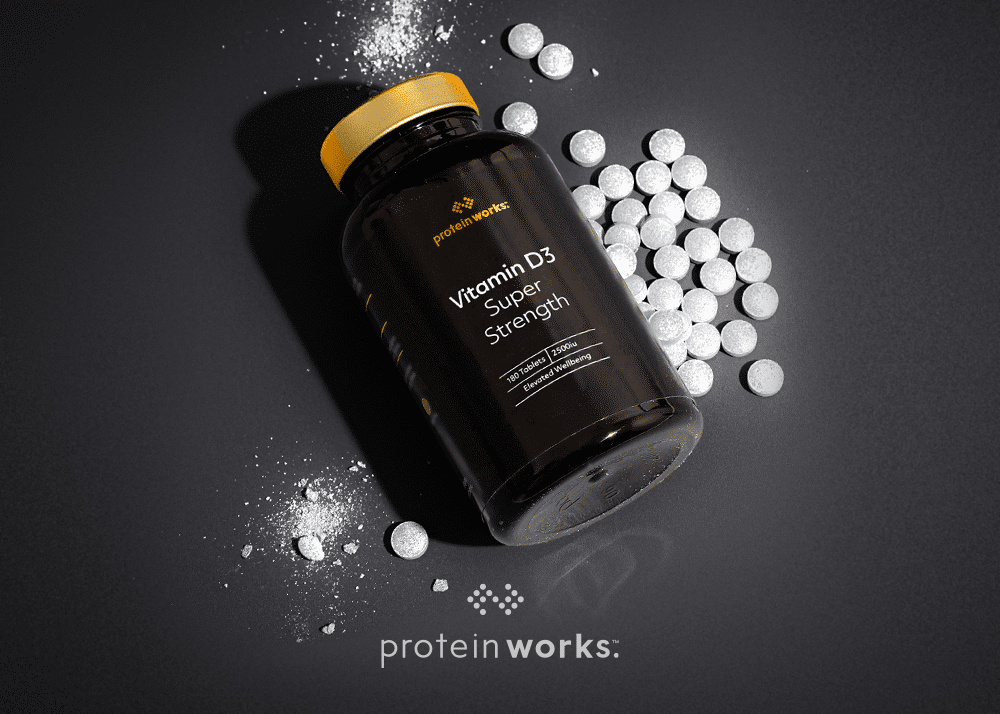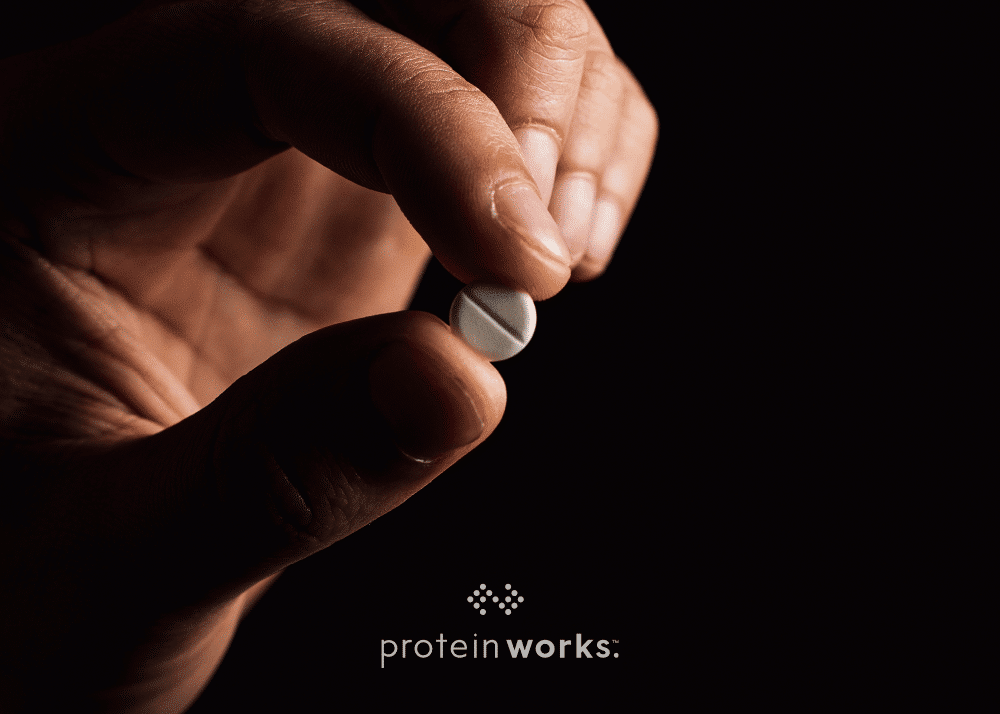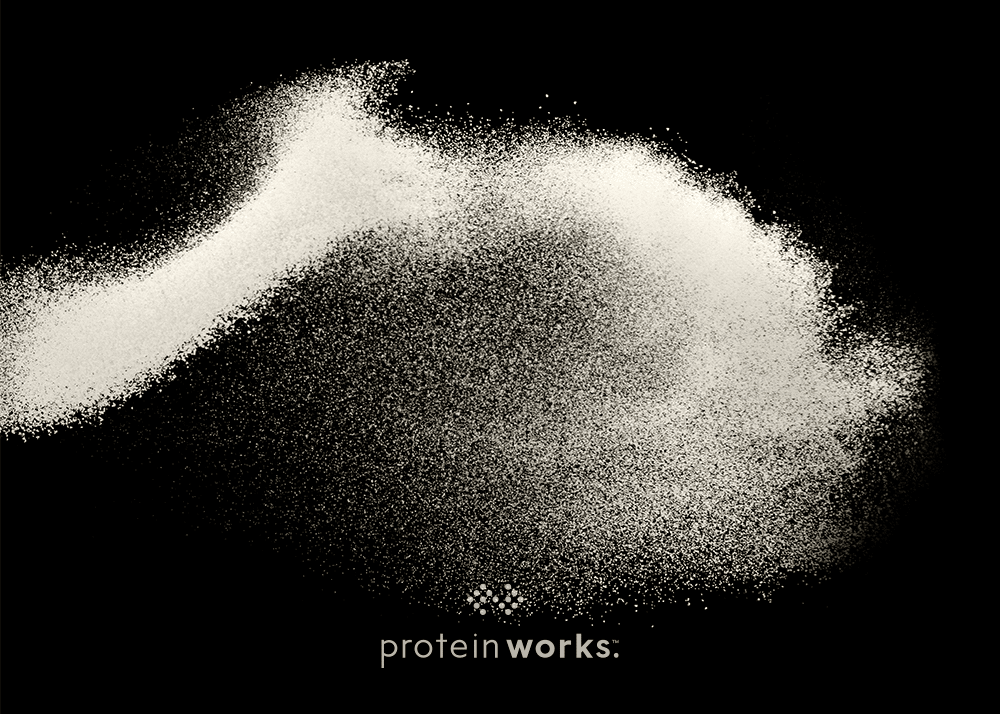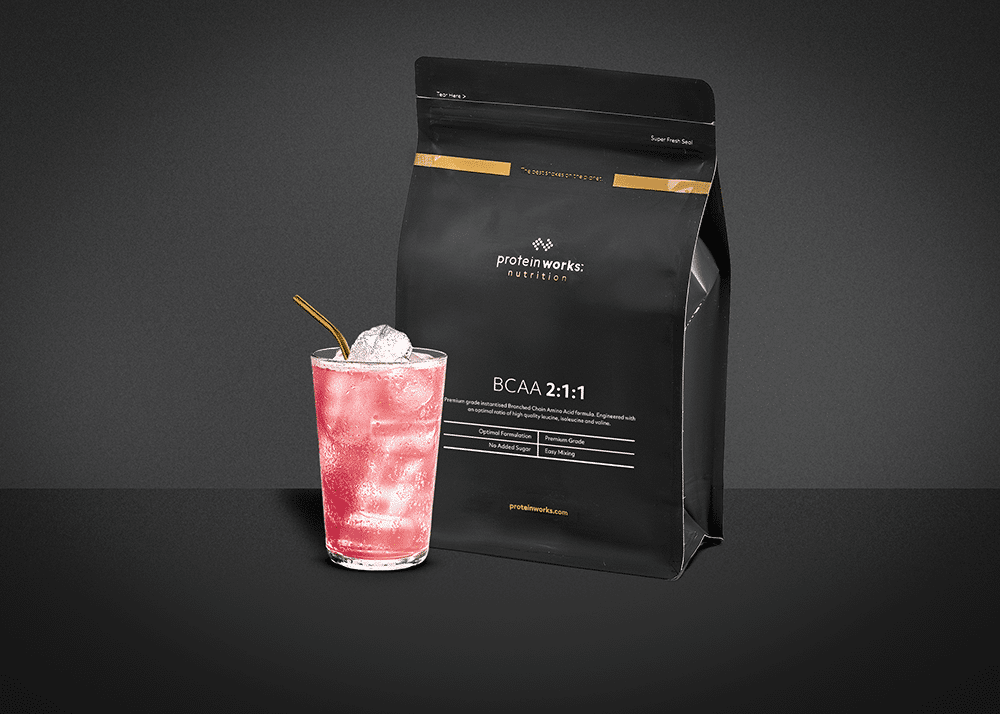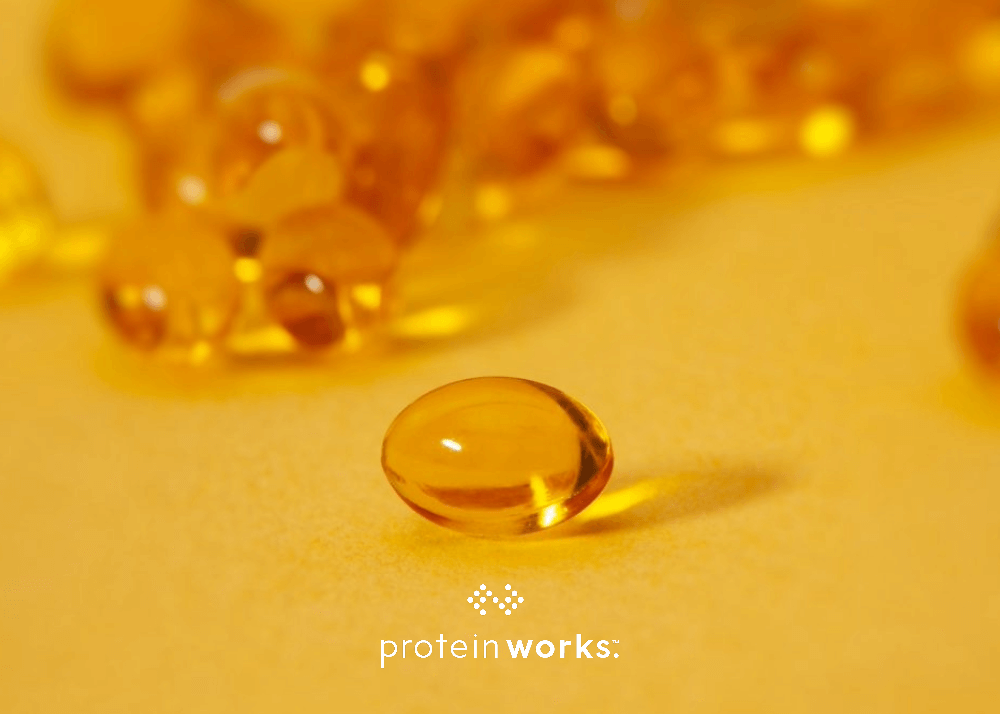
Crohn’s and IBS Friendly Supplement Guide
If you’re seeking relief and support for Crohn’s disease or Irritable Bowel Syndrome (IBS), you’re in the right place. Crohn’s disease and IBS are often lumped together, but they are in fact very different disorders.
We’ll explore safe and effective supplements to help you manage your condition and improve your quality of life.
This article is not designed to provide you with medical information about either, it is just here to give you a good idea of what supplements many sufferers have found beneficial, and which ones to avoid.
Discover the ins and outs of what supplements to take with Crohn’s and IBS below…
What is Crohn’s?
Crohn’s is an inflammatory bowel disease (IBD) and the name describes it well. It occurs when inflammation causes damage to our intestines.
There are two types of IBD, one is Crohn’s which targets the small intestine and colon. The other is ulcerative colitis which occurs in the colon and rectum.
What is IBS?
Unlike Crohn’s, irritable bowel syndrome (IBS) is not a disease. It is a collection of different symptoms. It does not cause inflammation of the bowel.
Not to downplay the effects of IBS, but of the two, Crohn’s is the more dangerous and the more disruptive.
What Supplements Can I Take with Crohn’s?
- The biggest supplement to avoid is whey protein powder. This is because many people find that dairy can have a negative effect on Crohn’s and worsen some of the symptoms. Swapping your whey protein for a plant-based protein powder is a smart move.
- Calcium and vitamin D are two common supplements for Crohn’s sufferers, particularly when they are avoiding dairy. Eating non-dairy foods that are high in calcium is also a good idea (dark leafy greens, seafood, fortified cereals). Vitamin B12 is another great supplement because people with Crohn’s struggle to absorb enough of it through their diet.
- Iron is often recommended, but you need to discuss this with your doctor first as they will need to establish how high your current iron levels are before you can start supplementation. Zinc is a good supplement choice as people with Crohn’s are often deficient due to diarrhoea.
What Supplements Can I Take with IBS?
- As with Crohn’s disease, if you suffer from IBS then you will want to avoid whey or casein protein powders, as limiting dairy is highly beneficial. A vegan protein powder (pea protein for example) is a great alternative as it will deliver you the protein you need without the side effects.
- Fibre can be really helpful for IBS, of course, it always makes sense to increase your fibre intake through your diet. Eating more wholegrain foods, fruits, and vegetables. But a fibre supplement is a useful tool to help you get there. Be careful that you don’t overdo the fibre though, as this can lead to stomach cramps. It may take some trial and error to find your ideal fibre intake.
- As with Crohn’s disease, Zinc is often recommended for IBS sufferers as it can boost your immune function, and as with Crohn’s disease, IBS sufferers are more likely to be deficient.
- Vitamin D is another commonly recommended supplement, this is claimed to be due to its anti-inflammatory effect. However, as we mentioned earlier, IBS does not cause inflammation. The actual reason why you would want to take Vitamin D is that many IBS sufferers tend to be deficient.
- Probiotics and prebiotics have also been shown to be beneficial, you can take a combination that is known as a symbiotic. According to WebMD, omega-3 may be helpful, but there isn’t enough evidence for this as of right now. Same goes for ginger, magnesium, and turmeric.
- There are many benefits to taking ginger, magnesium, turmeric, and Omega-3, so it can’t hurt to add them to your diet. Just consult with your doctor or dietician before doing so.
Final Thoughts
There are lots of supplements out there that can make a small (yet significant) difference to the symptoms of both Crohn’s disease and irritable bowel syndrome. But the first thing that you need to do is talk to your doctor. There are so many differences between IBS sufferers, so what works for you may not work for another (and vice versa).
Sorting your diet out is also very important. Hiring a dietician (or getting referred to one by the NHS) can completely transform your life, whichever condition you have. Both conditions can be improved by avoiding dairy (in most cases). They can also be improved with eating foods that are high in calcium, vitamin D, and finding more fibre.
Supplements can make a difference provided you pick the right ones for you, and provided you also focus on exercising more regularly and cleaning up your diet.
Discover a range of other Supplements to aid you on your wellness journey. Check out our tips and guides on supplements in the locker room for more information.
Disclaimer: The article is based on information from WebMD, the Crohn’s and Colitis Foundation, and the NHS website. Please verify any cited sources as this blog merely serves as a source of information. Speak with your own doctor about any issues or personalised treatment options. In no way whatsoever are the opinions stated on this site meant to replace the advise of professionals. Any organisation that the author is connected to in no way previews, commissions, or otherwise endorses the blog. The information in this blog could vary over time, especially if new information is discovered.


